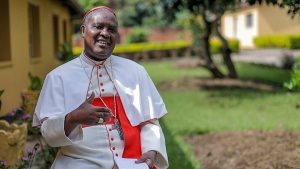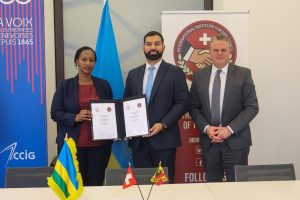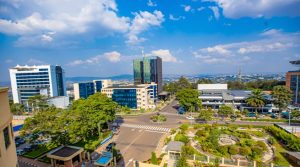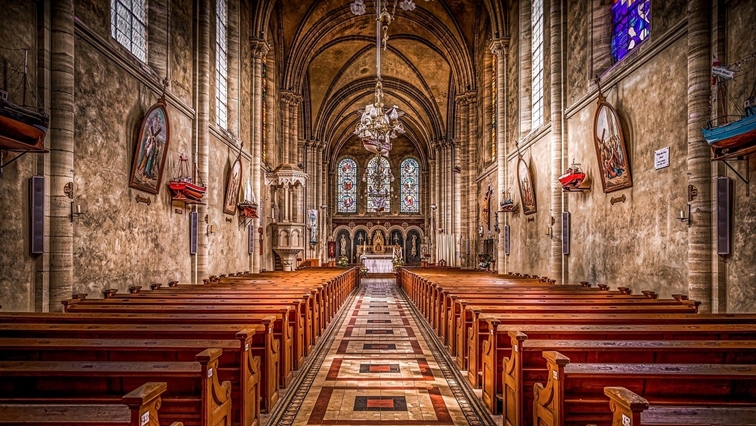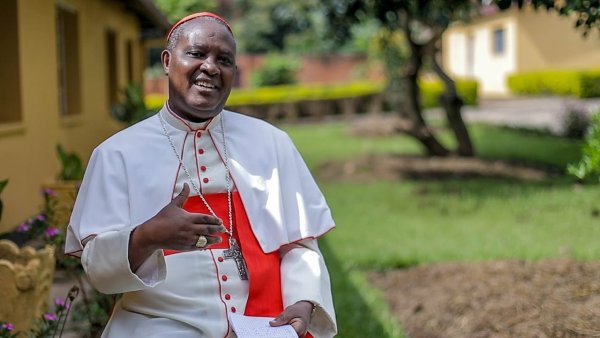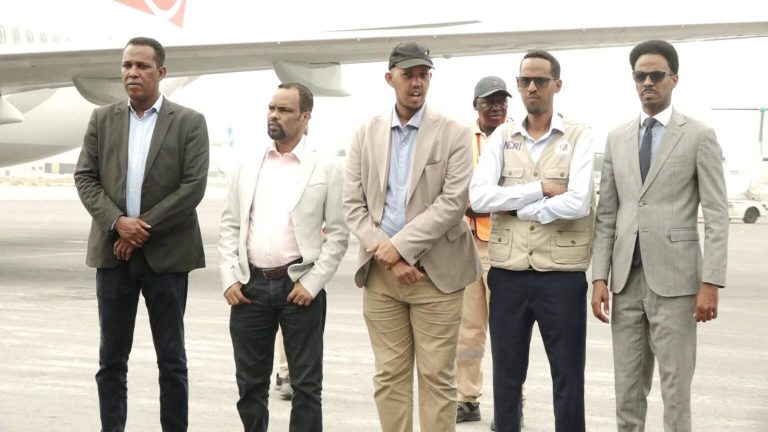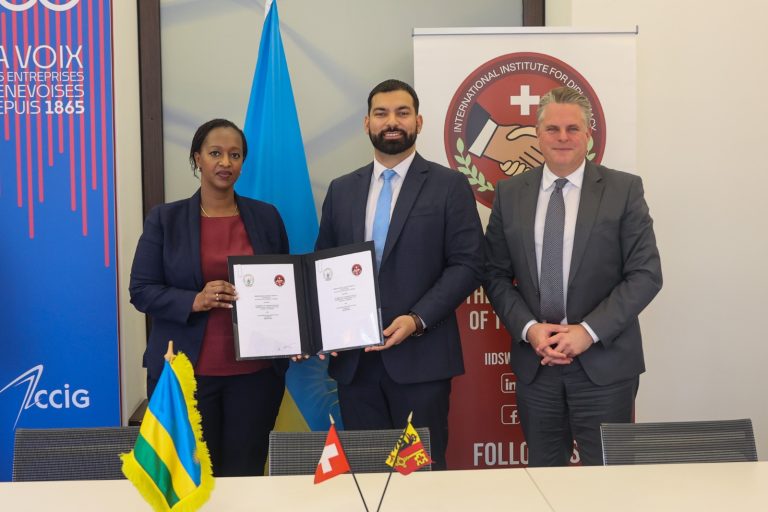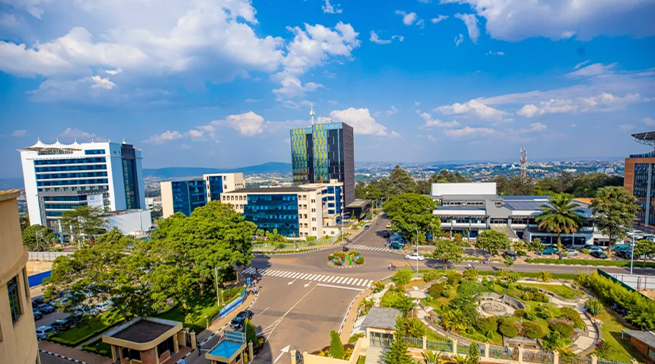The Catholic Church in Africa stands at a crucial juncture amid evolving global financial realities, particularly in light of the recent trend of diminishing funding from the Vatican. This development, while posing certain immediate challenges, also offers a unique opportunity for the Church across the continent to reflect, adapt, and strengthen its mission in sustainable and innovative ways.
Historically, the Vatican has played an instrumental role in supporting the growth and development of the Church in Africa. Through financial assistance, resource allocation, and diplomatic backing, the Holy See has helped facilitate the construction of churches, schools, hospitals, and various social outreach programs that serve as vital pillars of community life. These contributions have significantly contributed to the spiritual and socio-economic development of countless African communities, reinforcing the Church’s reputation as a cornerstone of social cohesion and moral guidance.
However, in recent years, the Vatican’s own financial circumstances have necessitated a reassessment of aid levels provided to the African Church. The economic strains and broader financial challenges faced by the Holy See have led to a more cautious approach, resulting in a noticeable reduction in direct funding. While this shift is understandably based on the Vatican’s broader fiscal prudence, it inevitably influences the capacity of local dioceses to sustain and expand their activities at the same pace as before.
This situation requires African Church leaders and communities to adopt a proactive, strategic, and diplomatic stance. It is essential that they view this period not solely as one of adversity, but as an impetus to foster greater local ownership and resourcefulness. Strengthening internal capacities—such as expanding local contributions, developing sustainable income-generating initiatives, and cultivating partnerships with local governments, NGOs, and the private sector—becomes fundamental. Such efforts not only help bridge the funding gap but also reinforce the Church’s autonomy and resilience.
At the same time, the question of financial sustainability must be balanced with the Church’s broader mission of social justice, education, and healthcare. Many African communities rely heavily on the social services provided by the Church, which often serve as the only accessible institutions of healthcare and education. Ensuring the continuity and expansion of these services remains a moral imperative, requiring innovative solutions, transparent management, and broad-based community involvement.
The evolving financial landscape also presents an opportunity for reflection and renewal within the African Catholic Church. It encourages a redefinition of its identity and priorities, emphasizing lay participation, community-led initiatives, and local church development. By fostering youth engagement, empowering women, and encouraging grassroots leadership, the Church can build a more inclusive and sustainable model of growth rooted firmly within local contexts.
Furthermore, this period can stimulate a more collaborative approach between the African dioceses and the Vatican, based on mutual respect and shared vision. African leadership can offer valuable insights into the continent’s unique challenges and aspirations, thereby enriching the global Church’s understanding of faith, development, and social justice issues.
The reduction in Vatican funding is a significant development that demands thoughtful, diplomatic, and strategic responses from the Catholic Church in Africa. By embracing innovative approaches and fostering greater local ownership, the Church can not only navigate these financial challenges but also emerge stronger, more autonomous, and better positioned to fulfill its spiritual and social missions. With patience, resilience, and unity, the Catholic Church in Africa can continue to be a vital catalyst for spiritual growth and social transformation, reaffirming its role as a beacon of hope and leadership across the continent.







